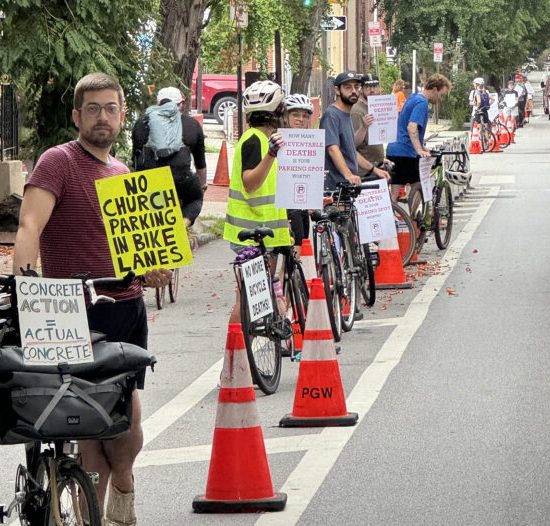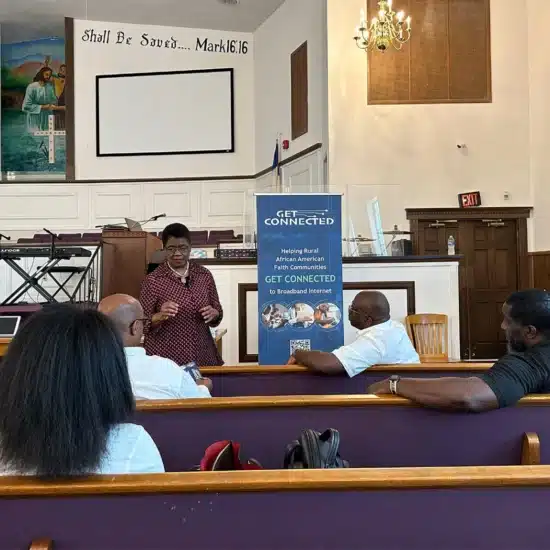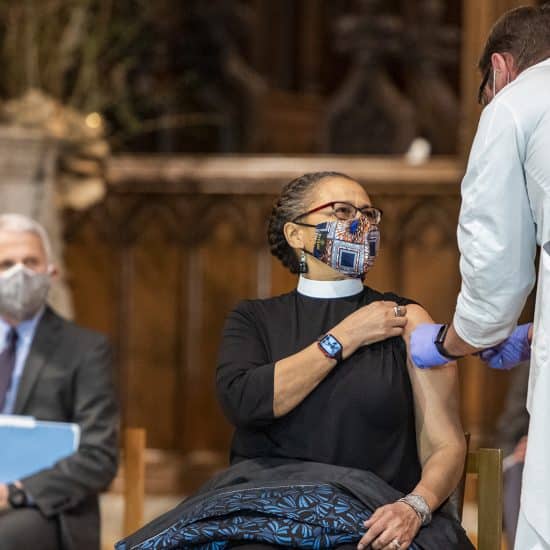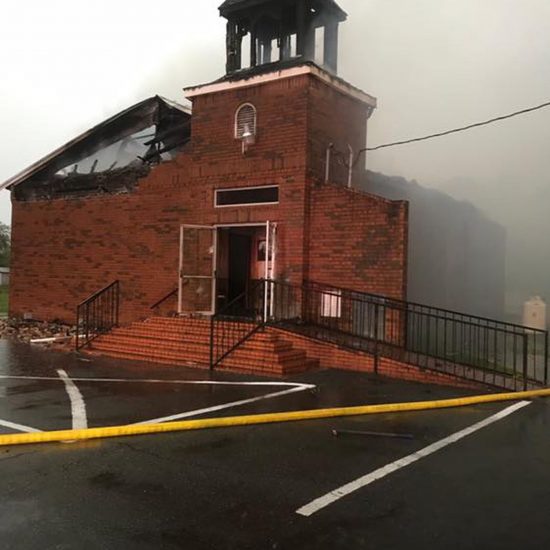Many churches roll out the red carpet for CEOs they expect to see just twice a year—Christmas and Easter Only worshippers. But others wonder, “If we treat CEOs like VIPs, why are they AWOL most of the time?”
Church leaders try a variety of methods to stay in contact with the holy-day-only visitors—social media, direct mail, deacon family ministry programs—with varying degrees of success.
Michael Ryer, minister of education and music at First Baptist Church in Commerce, considers the holy day visitors as “not really all that different” from people who visit only occasionally the rest the year.
“In fact, the holiday visitor may have more loyalty to the church—albeit seldom-seen loyalty,” he said. At least they can be counted on to attend once in December and once in the spring.
Mark Wingfield, associate pastor at Wilshire Baptist Church in Dallas, sees several categories of seasonal visitors. One group routinely attends special musical events, but the rest of the year they may be involved in another congregation. Those events also typically attract family members who may not normally attend worship.
“Christmas Eve is a different story,” he said. “I can’t tell you where all the people come from on Christmas Eve. There are the regulars, the family members of the regulars, the irregulars who show up only at high holy days, and then there are people I’ve never seen before.
“Most of the people who show up only at Christmas and Easter used to be active members. In fact, they probably still consider themselves active. They raised children here, maybe even taught Sunday school, then have moved into a different phase of life. They’re not strangers to the church. They just don’t seem to need the church very often.”
Perhaps some people just feel a spiritual need more acutely around Christmas and Easter, suggested Doyle Sager, pastor of First Baptist Church in Jefferson City, Mo.
“The holy seasons tend to surface spiritual longings in people—longings that lie dormant other times of the year,” Sager said. “So, instead of complaining or browbeating about the infrequent attendance, we attempt to seize the moment and touch that point of need and maximize this opening for the gospel.”
Leaders of the Jefferson City church see the unusually large number of worshippers neither as an annoyance nor as a semi-annual chance to impress them “as if we are doing try-outs for American Idol,” Sager emphasized. “We see it simply as ministry and witness.”
At River Road Church, Baptist, in Richmond, Va., attendance on Christmas Eve and Easter Sunday “at least doubles—maybe more,” said Pastor Mike Clingenpeel. “We do multiple services on both occasions to accommodate worshippers.”
While his church seeks to make a good impression on seasonal visitors, Clingenpeel said, “I can’t say we work harder at this on Christmas Eve or Easter Sunday than we do any other Sunday morning.”
Wilshire Baptist in Dallas seeks to make holy day visitors feel at home by ensuring that each one receives a personal greeting from a minister either as they enter or as they leave, but that’s not particularly out of the ordinary, Wingfield noted.
“We just do what we do, which includes trying to be guest-friendly all the time,” he said. “These are high-touch events, and it’s important to meet family members who are visiting, as well as others who are here checking out the church.”
The Sunday before Christmas typically attracts the largest attendance at First Baptist Church in Oklahoma City. Visitors generally fall into two categories—newcomers to the city and extended family of church members, said Kristen Rogers, minister to children and families and administrative associate at First Baptist.
Newcomers view the holiday as “an excuse to visit without obligation,” she noted. Most family of church members live away from Oklahoma City, and the church looks on them as guests rather than prospects.
“We welcome them with little expectation of further contact,” Rogers said. “We try to create an open-handed spirit. Mainly, we think for them it is an opportunity to see that we are more than the church of their childhood. We have grown up.”
Churches hold different ideas about what holy day visitors want from a worship experience—whether something new and different or the comfort of what they remember from a year ago.
“It’s hard to generalize about this,” Sager said, based on his experience in central Missouri. “Some who have been dragged along by parents or in-laws might be pleasantly surprised by more contemporary expressions in worship. Others might be put off, preferring tradition this time of year.”
Wilshire Baptist has a reputation for offering traditional worship in an area where contemporary worship has become commonplace, and that connection with the past draws some worshippers.
“Most of our seasonal folk come because of the routine,” Wingfield said. “Christmas Eve is clearly that way. This has become as much a fixture in the family routine as what’s served for dinner.”
But at First Baptist in Commerce, Ryer hopes to move worshippers beyond the routines they have known—even if they arrive craving something familiar.
“If the people that return see the same-old same-old, then there’s a very unlikely chance that they will return again until the next holiday. If they see exciting, vibrant worship that is changing people’s lives, there is a great chance they may come back again,” he said.
“I believe they are desiring routines that keep them in their comfort zones. Our desire is to give them something fresh, new and alive—alive with the Spirit of a living and loving God, because only when they see and experience God in a renewed way is there a chance he can touch and change their heart.”
Research shows some worshippers gather for holy day worship out of a desire for familiar touchstones, while others attend out of duty to parents or grandparents, said Rodger Nishioka, associate professor of Christian education at Columbia Theological Sem-inary in Decatur, Ga.
“I hear from many that say they return to sing the carols and light candles, and it is not Christmas unless that happens. Others tell me they go as an obligation to family, and it is deadly boring and irrelevant to their lives,” he said. “Most say the sermon or homily rarely relates to them, as in understanding what this archaic celebration could possibly have to do with their contemporary lives.”
Part of the problem, he noted, is a tendency of church leaders to employ “tribal language” that only insiders understand—terms like “Advent,” “incarnation” and “Magi,” for example. They make unwarranted assumptions about worshippers’ familiarity with the Christmas story.
“While many persons bring some knowledge of the basic story, the biblical story is conflated with secular versions such as the assumption that the shepherd and wise men arrive at the same time, and that there is mention of a little drummer boy,” he noted.
Holy-day-only visitors’ lack of familiarity with worship practices also can present a practical challenge, Clingenpeel noted.
“Guests with young children, for example, rarely want to leave their children in our preschool care during the service, and the children are not accustomed to worship,” he observed. “Holiday services tend to be more noisy than regular worship for this reason.”






